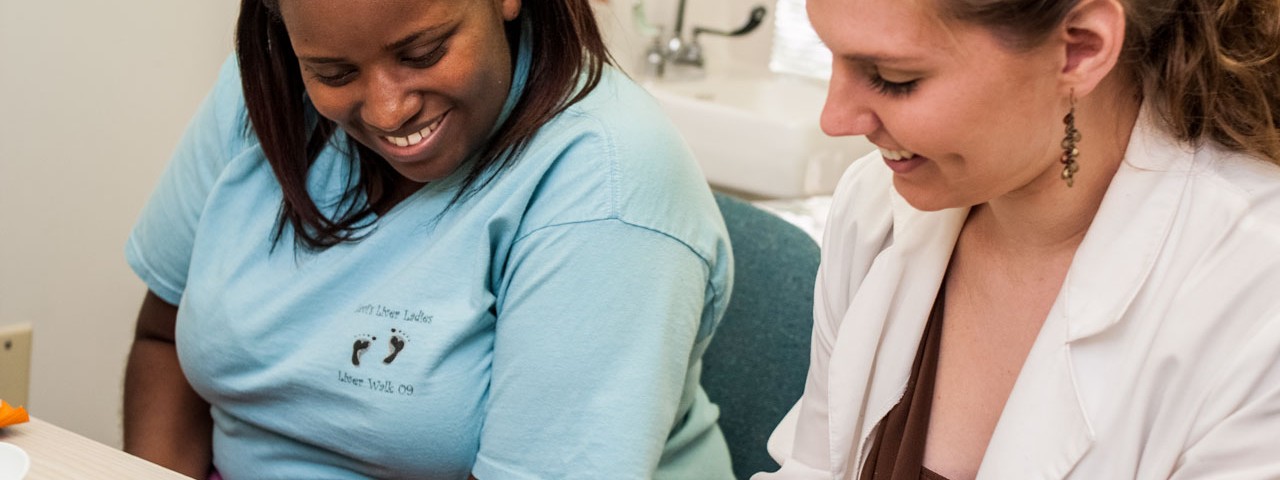CANDLE Research Study
In 2006, the Urban Child Institute decided to do a large-scale study of 1,500 pregnant women, starting in their second trimester, to identify what factors during pregnancy and early childhood impact a child’s development and ability to learn.
The CANDLE study – Conditions Affecting Neurocognitive Development and Learning in Early childhood – follows those women and their children for three years. Over the course of the study, researchers have 17 interactions with the mother: 12 phone calls, two home visits, and three clinic visits. They also take biological samples from both mother and child, and study the home environment, prenatal care, sleeping habits and nutrition.
In exchange, the women are compensated financially.
“We know the global risks factors like poverty, single parents, and substance abuse, but even in those situations, most kids do okay,“ says Hank Herrod, fellow with the Urban Child Institute. “What happens in the lives of those who don’t?”
With the data the CANDLE study collects – and a little help down the road from the school systems – researchers hope to draw some conclusions about what makes the most difference in a child’s life and, ultimately, where resources should be allocated.
“Our whole focus is Memphis and Shelby County,’ Herrod says. “What we wanted to do is find out what are the things that are actually working and use that to figure out which interventions we should put our support behind.”
